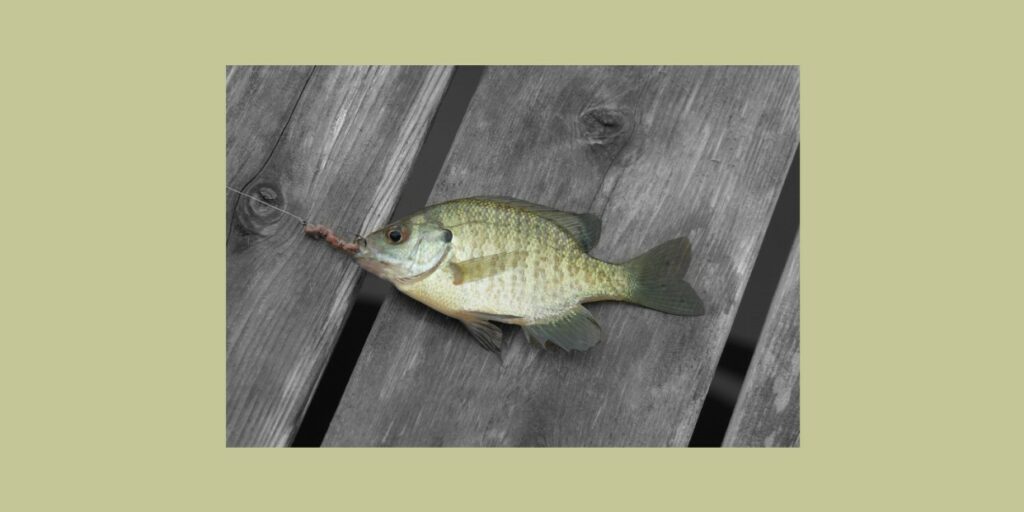
What Do Fish Have to Do With Abortion?
By: Missy Martinez-Stone, June 28, 2024, Center for Client Safety
The end of the Chevron Doctrine brings hope for stronger regulation of abortion facilities.
n Friday, June 28, the U.S. Supreme Court delivered their ruling on a case involving four family-owned fishing companies and the National Marine Fisheries Service, a federal agency. While Loper Bright Enterprises v. Raimondo, on its face, seems unrelated to abortion; today’s ruling has profound implications for the enforcement of regulations on abortion providers who endanger women and their preborn children.

The Center for Client Safety works alongside local authorities and pro-life groups to hold abortion facilities accountable for breaking the law. Within three years, our team has spearheaded multiple investigative efforts that have closed abortion businesses and stopped dangerous abortionists from continuing to harm women.
While the overturning of Roe v. Wade was a significant step forward in ensuring protections for vulnerable women and their preborn children, it did not end legal abortion. Even though the issue has returned to the state level, government agencies are allowed to interpret vague state regulations however they see it, which often leads to a lack of enforcement of state laws that regulate abortion facilities. This was the so-called “Chevron Doctrine.”
The Chevron Doctrine is named after the 1984 U.S. Supreme Court case, Chevron v. Natural Resources Defense Council, which established a test for when courts should defer to federal agencies to interpret ambiguous laws.
For 40 years, the Supreme Court’s 1984 landmark ruling has been one of the most-cited administrative law decisions.
However, the case of Loper Bright Enterprises v. Raimondo challenged this. At the heart of the case was a fishing regulation mandating catch limits and the presence of government-appointed inspectors on fishing boats to ensure compliance. While the National Marine Fisheries Service insisted on the companies bearing the cost of these monitors, the regulation lacked explicit mention of this requirement. The companies argued against the agency’s authority to impose such a mandate. Despite lower courts deferring to the NMFS, the plaintiffs appealed to the Supreme Court, which last May agreed to hear the case.
The Supreme Court’s ruling overturns the Chevron Doctrine. Such a ruling has important implications for the Center for Client Safety and its ability to prevent the abortion industry from endangering women and preborn children.
The Center for Client Safety was established to bridge the accountability gap between life-protecting legislation and its enforcement by regulatory agencies. A key contributor to enforcement lapses has been personal bias among agency personnel. When state agents have interpretive discretion, they often lean toward interpretations favoring abortion facilities, driven either by personal bias or reluctance to engage with the abortion industry.
For example, our investigations have uncovered state health department requirements for abortion facilities to undergo “periodic inspections.” The vagueness of this language grants agencies broad latitude in determining inspection frequency. If individuals within these agencies support the abortion industry, they may interpret “periodic” as spanning intervals of five or even ten years— And the Chevron Doctrine allowed that interpretation to stand.
This Supreme Court decision limiting regulatory agency authority could lead to more effective regulation of abortion facilities. Instead of deferring to agencies that have enabled unsafe practices within the abortion industry, authorities and judges are now empowered to enforce the law as they see fit and halt illegal and unethical practices. The outcome of the Loper Bright Enterprises v. Raimondo case will help the Center for Client Safety be better equipped to protect communities from negligent and unsafe abortion providers.
***
Today’s ruling will prevent administrative bodies such as medical boards and health departments from broadly interpreting laws and, in turn, protecting dangerous abortion providers. Your continued support will mean even more as we continue our mission to investigate, report and shut down abortion business to protect vulnerable women and children.
Missy Martinez-Stone is the President and CEO of Center for Client Safety
